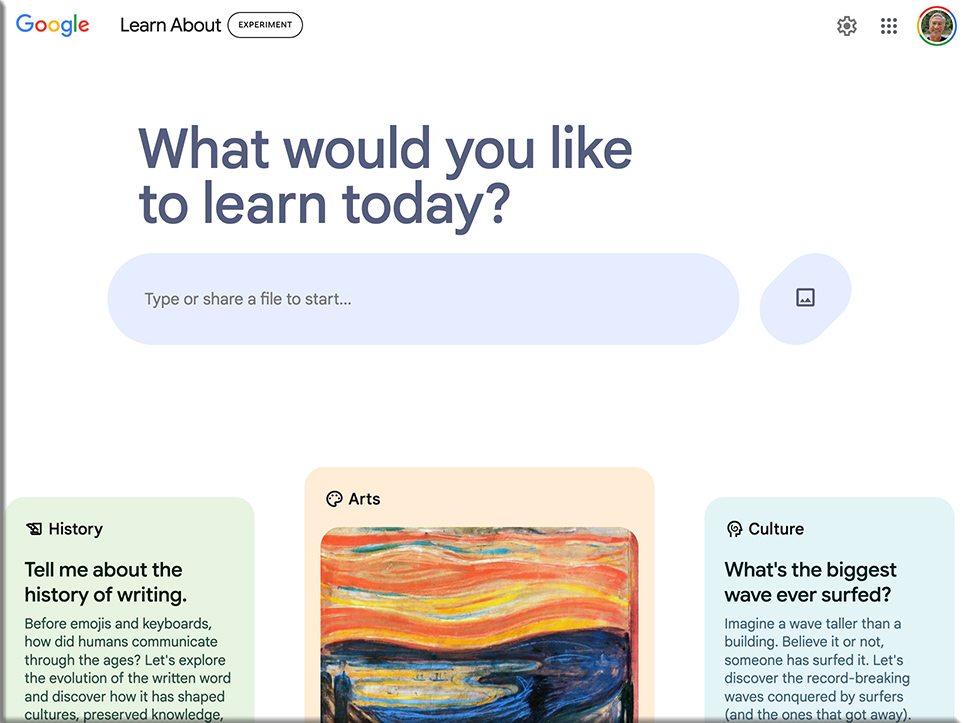AI Tutors Double Rates of Learning in Less Learning Time — by drphilippahardman.substack.com Dr. Philippa Hardman
Inside Harvard’s new groundbreaking study
Conclusion
This Harvard study provides robust evidence that AI tutoring, when thoughtfully designed, can significantly enhance learning outcomes. The combination of doubled learning gains, increased engagement, and reduced time to competency suggests we’re seeing just the beginning of AI’s potential in education and that its potential is significant.
If this data is anything to go by, and if we – as humans – are open and willing to acting on it, it’s possible AI will have a significant and for some deeply positive impact on how we design and deliver learning experiences.
That said, as we look forward, the question shouldn’t just be, “how AI can enhance current educational methods?”, but also “how it might AI transform the very nature of learning itself?”. With continued research and careful implementation, we could be moving toward an era of education that’s more effective but also more accessible than ever before.
Three Quick Examples of Teaching with and about Generative AI — from derekbruff.org Derek Bruff
- Text-to-Podcast.
- Assigning Students to Groups.
- AI Acceptable Use Scale.
Also from Derek’s blog, see:
- Three Recent Studies on Student Learning with Generative AI
- How Do We Define Quality Student Work in an Age of AI?
From Mike Sharples on LinkedIn:
ChatGPT’s free voice wizard — from wondertools.substack.com by Jeremy Caplan
How and why to try the new Advanced Voice Mode
7 surprisingly practical ways to use voice AI
Opening up ChatGPT’s Advanced Voice Mode (AVM) is like conjuring a tutor eager to help with whatever simple — or crazy — query you throw at it. Talking is more fluid and engaging than typing, especially if you’re out and about. It’s not a substitute for human expertise, but AVM provides valuable machine intelligence.
- Get a virtual museum tour. …
- Chat with historical figures….
- Practice languages. …
- Explore books. …
- Others…
Though not AI-related, this is along the lines of edtech:
- MoodleMoot Global 24 Conference Notes — from onedtech.philhillaa.com by Glenda Morgan
A first look at Moodle under new leadership
Here’s the link to access it: https://t.co/kHq0S2r4aD
It’s only available in the US at the moment, but it works with a VPN.
Truly the best tool for learning a new subject I’ve tried so far.
— Paul Couvert (@itsPaulAi) October 31, 2024
…which links to:









